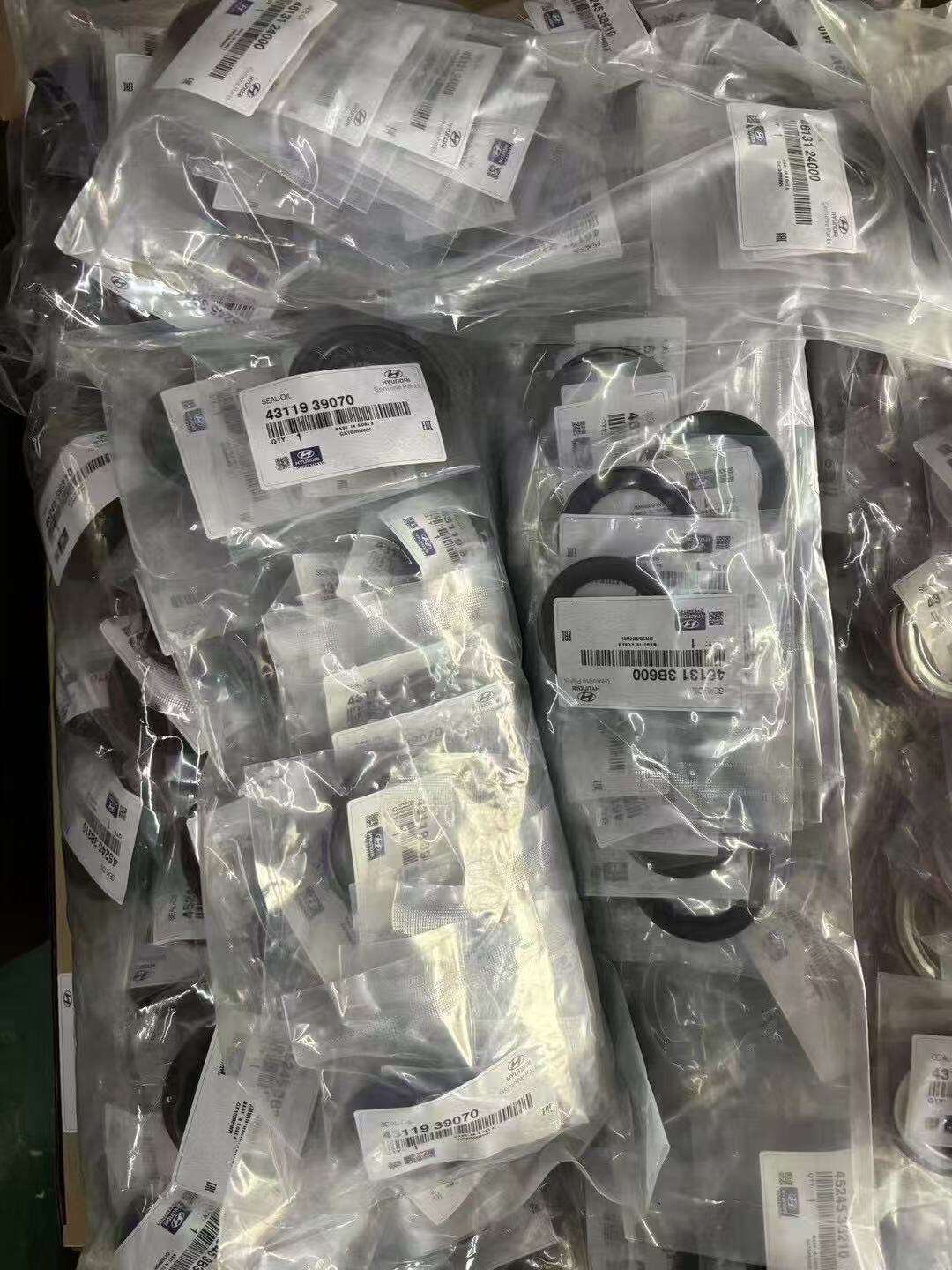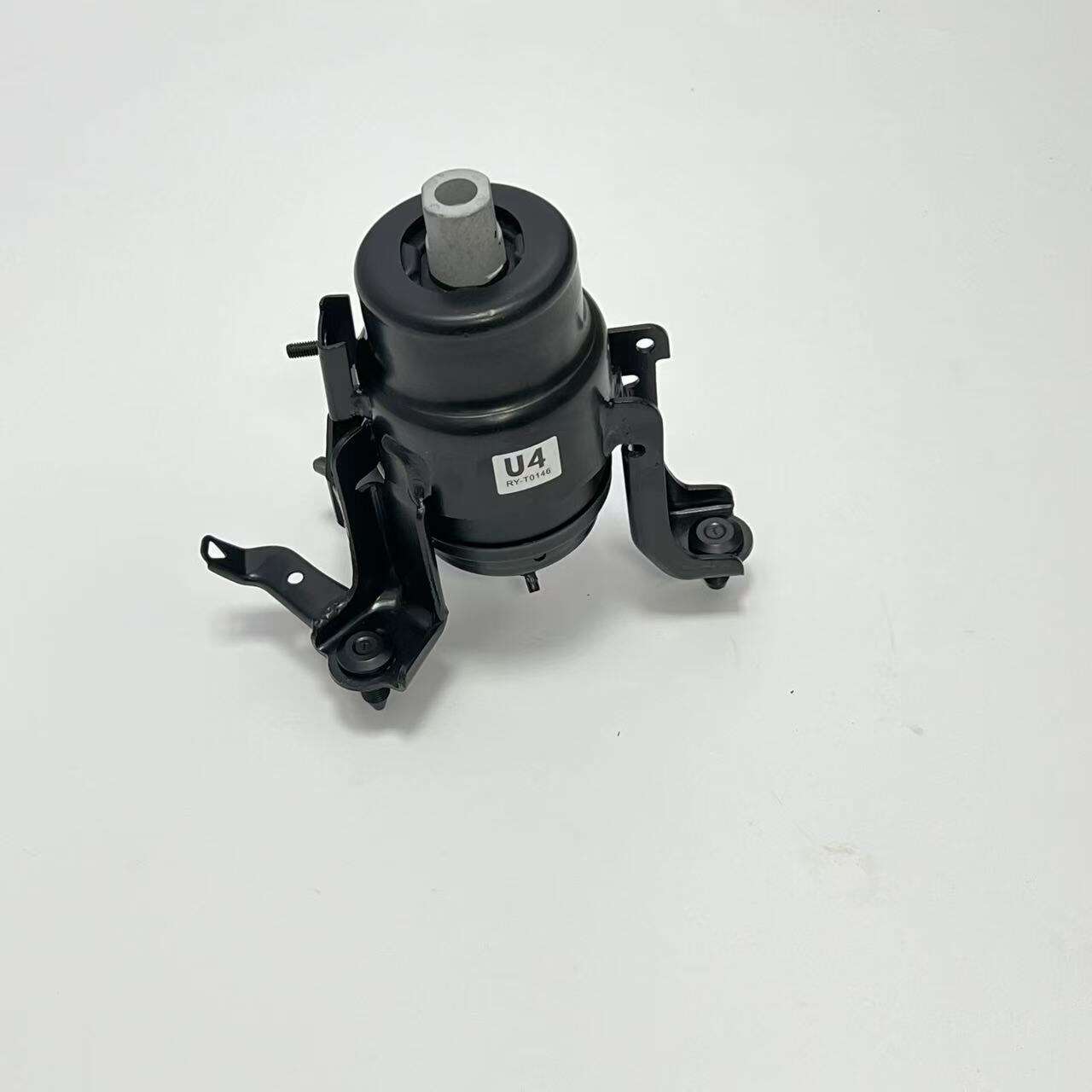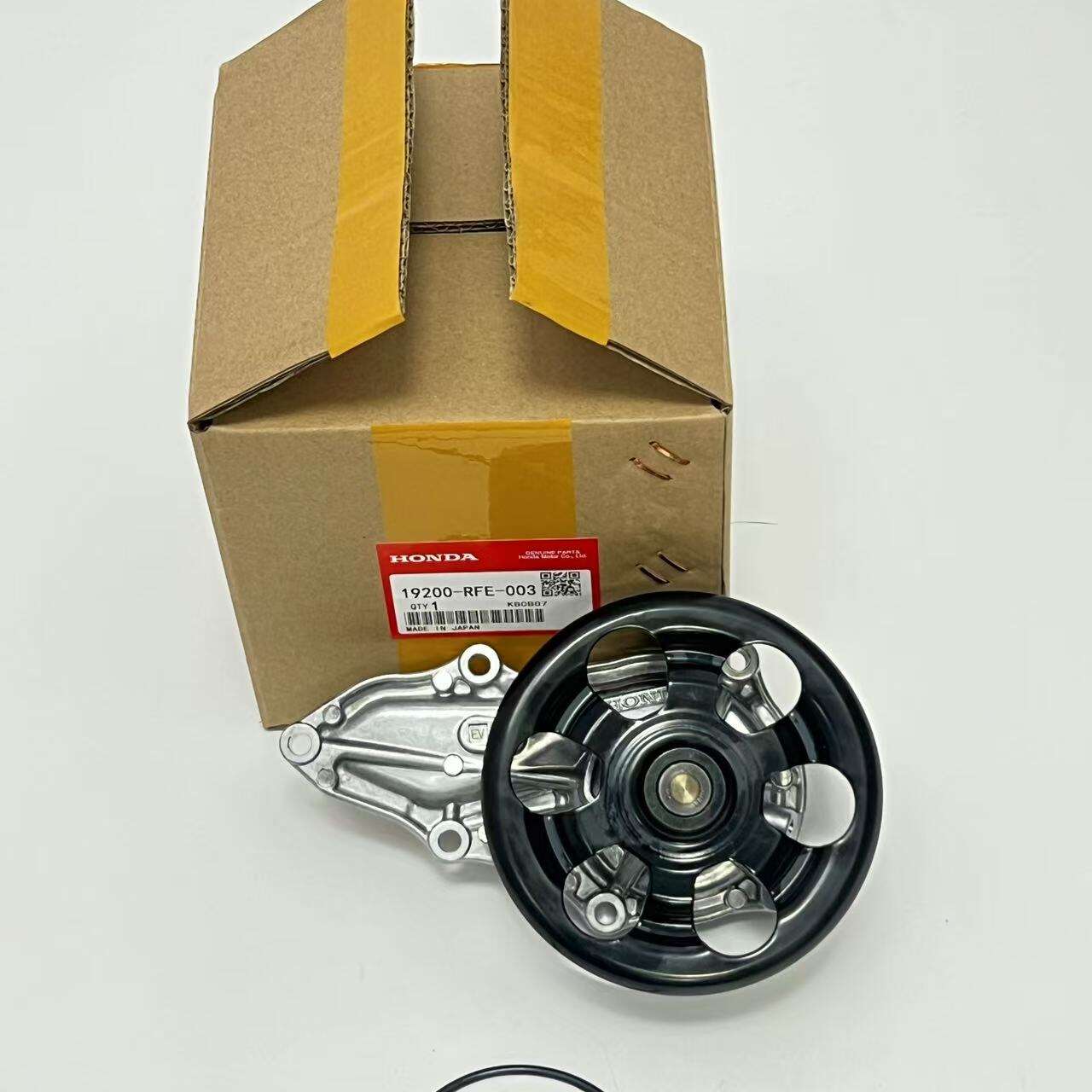radiator cap replacement cost
A radiator cap replacement cost typically ranges from $10 to $50 for parts and $50 to $100 for professional installation, making it a relatively affordable yet crucial maintenance task. The radiator cap plays a vital role in maintaining proper engine cooling system pressure and preventing coolant loss. It contains a spring-loaded valve that helps regulate pressure within the cooling system, allowing it to operate at temperatures above the normal boiling point of coolant without actually boiling over. Modern radiator caps are designed with precision-engineered pressure relief valves that typically operate between 13 and 16 PSI, helping to maintain optimal engine temperature and preventing coolant loss through boil-over. The cap also includes a vacuum valve that prevents cooling system collapse when the engine cools down. Understanding the radiator cap replacement cost is essential as a malfunctioning cap can lead to more severe engine problems, including overheating, coolant loss, and potential engine damage. The cost varies depending on vehicle make and model, with luxury vehicles typically requiring more expensive caps with specific pressure ratings.


